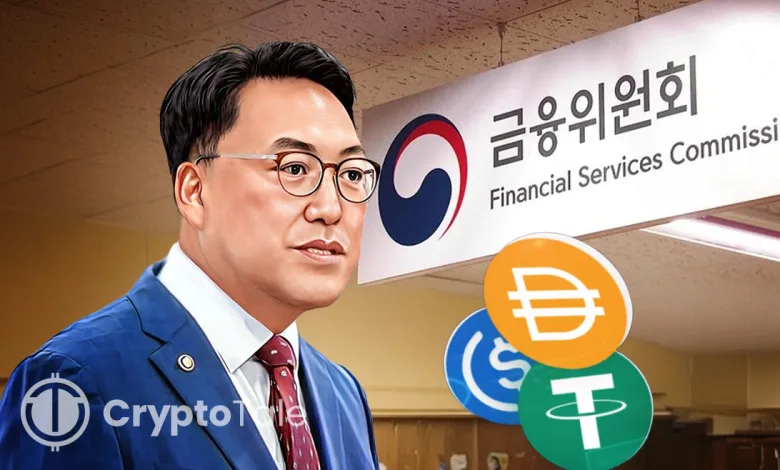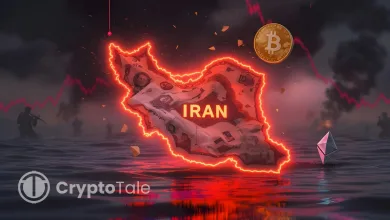South Korea Unveils New Rules for Corporate Crypto Accounts

- South Korea’s FSC plans new rules to allow corporate investment in cryptocurrencies.
- FSC accelerates stablecoin rules and second-stage crypto laws to keep pace with global trends.
- South Korea to allow businesses to open verified cryptocurrency exchange accounts.
South Korea’s FSC will reveal its new approach to financial investments in cryptocurrency companies. The government took this step as part of its plan to control both stablecoin money and the second-stage development of digital asset regulation. The FSC develops rules to let the crypto market grow while ensuring investor security within our quick-changing worldwide financial system.
During a press event on 22 January, chairman Kim Byung-hwan of the FSC unveiled key developments in cryptocurrency corporate investment. South Korea will establish formal rules to manage the virtual asset sector swiftly. The government wants to let companies take part in the market while keeping investors safe through new rules. According to Kim, these changes progress more rapidly in South Korea, influenced heavily by developments in global markets, especially in the United States.
Global Trends Impacting Korea
Kim noted that the U.S. administration’s crypto policy reversal signals the possibility of faster action on digital assets by South Korea. To keep up with global standards, South Korean regulators are working harder to establish new policies faster.
One of South Korea’s essential upcoming rules lets businesses set up verified crypto exchange accounts. South Korean companies cannot open these accounts because of government restrictions. The FSC plans to let companies create crypto market investment accounts in phases.
Related: Bank of America Prepares for Crypto Payment Revolution
Chairman Kim discussed questions and confusion from a recent meeting of the Virtual Asset Committee regarding company access to cryptocurrency accounts. He confirmed that the decision remains under review and that more information will be available shortly.
He also emphasized that a new regulatory structure for stablecoins needs urgent attention. A new bill will extend regulations to cover what the first law didn’t include by controlling stablecoins while defining virtual asset issuance and listing standards. The new regulations will proceed more quickly to match international advancements.




